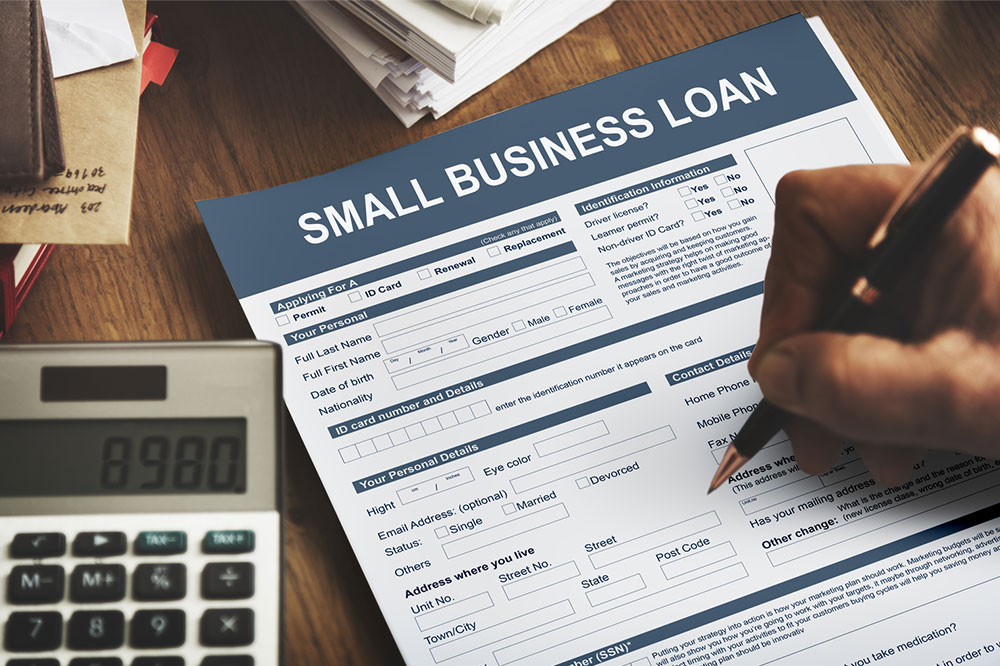
5 mantras to obtain a small business loan
Businesses of every size have similar goals and needs – the difference being the scale of operation. Small businesses need additional funds to stay profitable. The waiting period between application and approval of small business loans could be long. So, you need to start planning as soon as you decide to set up a small business. With proper planning and preparation, you can break down this process into manageable sections.
Ascertain eligibility for a small business loan
Higher credit scores indicate easier access to small business loans at normal interest rates. A good credit score to qualify for the loan is 680 or above. Online lenders and microlenders might service loans for bad or poor credit scores at higher rates.
Online companies insist on a minimum of one year of operations, and banks will look for two years of operation before they consider you eligible for a small business loan.
Lenders will look for profitability and assurance of repayment. They will need your financial statements before deciding and approving your loan. A minimum of $50,000 up to $250,000 is considered a good qualifying revenue for a small business loan. If your financial statements indicate that your income is 125% more than your expense, you can comfortably apply for a loan.
If you have collateral, you can negotiate for lower rates and faster processing of a secured loan. As the business owner, you can offer your personal guarantee in case of any unexpected financial troubles in the future, and the company is unable to repay the debt. Some banks will request a co-signor with a good credit score.
Purpose of loan
Most small businesses need a loan for three reasons – to start a business, for day-to-day expenses, or for expansion. You have to have a clear purpose and commitment to have sufficient returns for easy repayment of the loan.
Choose your lender
When the need for cash is urgent, say within a day, or if you do not have collateral for a secured loan from a bank, you can approach online lenders. They can service loans from $1000 to $5 million. The rates can be high, ranging from 5% to 99%. The interest rates will depend on the size of the loan, its urgency, term, ability to provide collateral, and personal credit history.
If you have been in business for a minimum of two years and have good credit, and the need for cash is not urgent, you can approach banks. Banks provide short-term, long-term, small loans, and loans to cover disasters. You can avail of loans via the US SBA loan programs through banks.
If you are a new business or have bad credit and cannot get loans from online lenders or banks, you can approach micro lenders. They give small loans of up to $50,000. You will have to furnish detailed project plans, financial statements, and the process can be long drawn and cumbersome.
Run through costs beforehand
As a business owner, even before applying for the loan, you should know the costs of getting a loan and budgeting for the repayments. Compare plans, talk to loan officers so that you have an idea about the sanctioned loan amount, additional fees, and monthly repayment amount. Seeing the numbers will help you to make budgets and provisions once you get the loan approved.
Documentation
Loan approvals require a huge amount of documentation. All types of lenders require incorporation, business plans, legal, financial statements, and tax returns documents. As the business owner, you will also have to submit your financial statements and tax documents. Keeping them ready will reduce the need for going back and forth on your application and reduce delays in loan processing.




